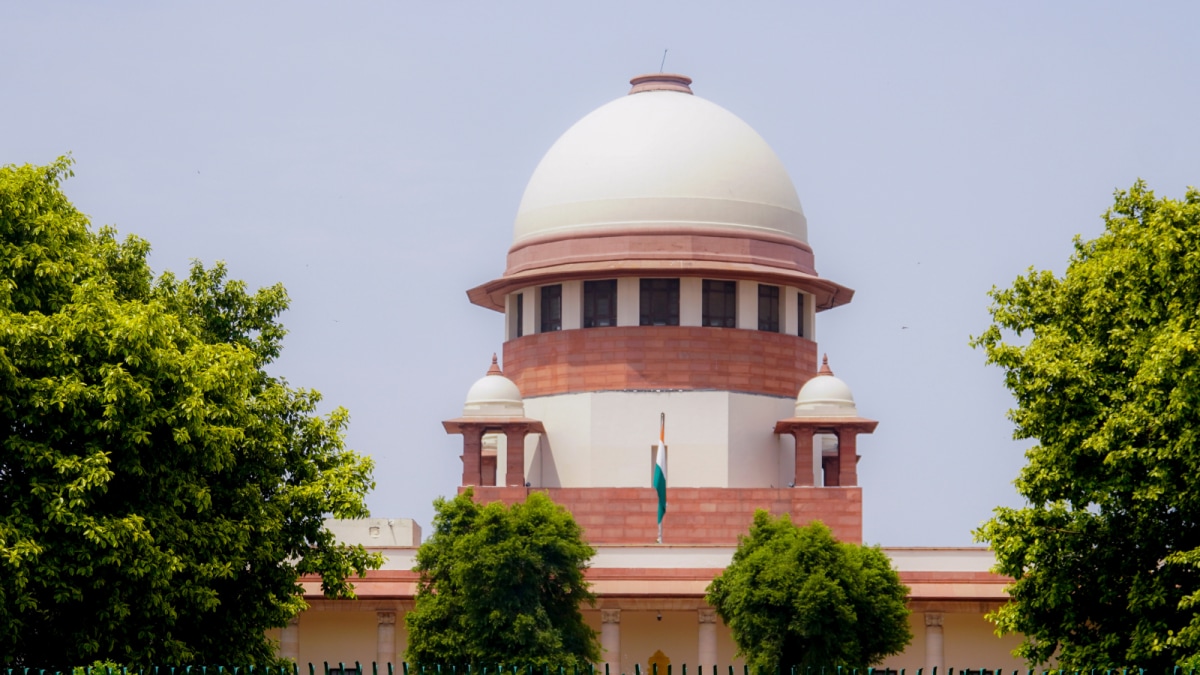Last Updated:
Deeming it “frivolous and vexatious” and a serious abuse of the criminal justice system, the Supreme Court dismissed a rape complaint filed four years after the alleged incident

The case pertains a man accused of repeatedly raping a woman from 2010 on a promise of marriage. (Image: PTI/File)
The Supreme Court has dismissed a rape complaint filed four years after the alleged incident, deeming it “frivolous and vexatious” and a serious abuse of the criminal justice system.
Justices JB Pardiwala and Sandeep Mehta stressed that allegations must “inspire confidence”, cautioning that “summoning any person based on frivolous or vexatious complaints is very serious, as it tarnishes the image of the person against whom false allegations are levelled”.
Recommended Stories
The case pertains to a man, who was accused of repeatedly raping a woman from 2010 on a promise of marriage. The complaint was filed in 2014.
The court noted the absence of crucial details such as dates, locations, and witness corroboration, deeming the complaint unreliable and unsupported by evidence. Additionally, the complainant’s failure to respond to the court notice suggested a lack of seriousness from the outset, it said.
The SC clarified about the law regarding “promise of marriage” cases, stating that a mere failure to fulfil a marriage promise does not constitute rape unless it is proven that the promise was made with malicious intent or deceit to exploit. If a promise is genuine yet unfulfilled, it does not fall within the scope of criminal liability, it said.
The court criticised how the lower judiciary handled the matter, stressing that both the trial court and the Allahabad High Court erred in allowing the case to proceed despite its weak foundation. The bench reiterated that complaints lacking clarity or independent corroboration should not proceed, and courts must use their power under Section 482 of the Criminal Procedure Code (CrPC) to quash such cases.
This ruling aligns with several key precedents: in the Jaspal Singh Kaural v State of NCT of Delhi (2025), the court held that a consensual relationship followed by a breach in promise does not automatically qualify as rape unless fraudulent intent was present from the beginning.
Similarly, other judgments have quashed complaints in cases involving consensual long-standing relationships where delays and contradictions were apparent, reinforcing that disputes emerging from relationships should not be treated as criminal offences without clear prosecutorial evidence.
September 11, 2025, 00:11 IST
Loading comments…
Read More




